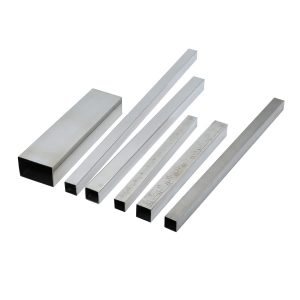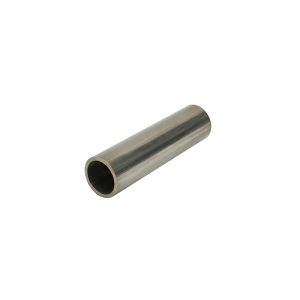In a world where the global stainless steel market is projected to reach an astonishing $200 billion by 2025, it becomes imperative to examine the intricate legal and regulatory frameworks that govern stainless steel tube supply. This sector not only plays a pivotal role in various industries but also operates within a complex web of international laws and treaties that dictate its trade practices.
The Characteristics of Stainless Steel Tube Supply
Stainless steel tube supply encompasses the production, distribution, and regulation of tubes made from stainless steel, which are essential for numerous applications ranging from construction to automotive manufacturing. Legally speaking, this supply chain is characterized by stringent compliance with safety standards, quality assurance protocols, and environmental regulations. Furthermore, international law significantly influences these operations through treaties that facilitate trade while ensuring adherence to ethical sourcing practices. As such, understanding these legal attributes is crucial for stakeholders involved in this industry.
HengXing Steel and International Law and Treaties

HengXing Steel stands as a prominent player in the stainless steel tube market with notable compliance with international law and treaties governing trade practices. The company adheres strictly to regulations set forth by organizations such as the World Trade Organization (WTO) which promotes fair competition among member countries. Additionally, HengXing engages actively in bilateral agreements that enhance its export capabilities while ensuring conformity with local laws regarding product specifications and labor rights. This commitment not only bolsters its reputation but also positions it favorably within global markets.
The Characteristics of Stainless Steel Round Tube Manufacturers under International Law and Treaties
The characteristics of stainless steel round tube manufacturers concerning international law can be delineated into several key points:
- Compliance with ISO Standards: Many manufacturers adhere to ISO certifications which ensure their products meet internationally recognized quality benchmarks.
- Sustainability Practices: Increasingly stringent environmental regulations compel manufacturers to adopt sustainable practices throughout their production processes.
- Duties on Imports/Exports: Manufacturers must navigate tariffs imposed by different nations under various trade agreements affecting pricing strategies globally.
- Cultural Sensitivity: Understanding local customs related to business conduct is vital for maintaining good relations when operating across borders.
- Lawsuits & Dispute Resolution Mechanisms: Familiarity with arbitration clauses embedded within many international contracts helps mitigate risks associated with cross-border disputes.
A Conclusion on Stainless Steel Tube Supply’s Position Within International Law
This analysis underscores how critical it is for stakeholders engaged in stainless steel tube supply—particularly those like HengXing Steel—to comprehend both domestic regulations and broader international legal frameworks. By aligning operational strategies with these laws and treaties, companies can leverage opportunities presented by globalization while mitigating potential risks inherent in transnational commerce. Ultimately, navigating this complex landscape will determine success or failure within an increasingly competitive marketplace.
